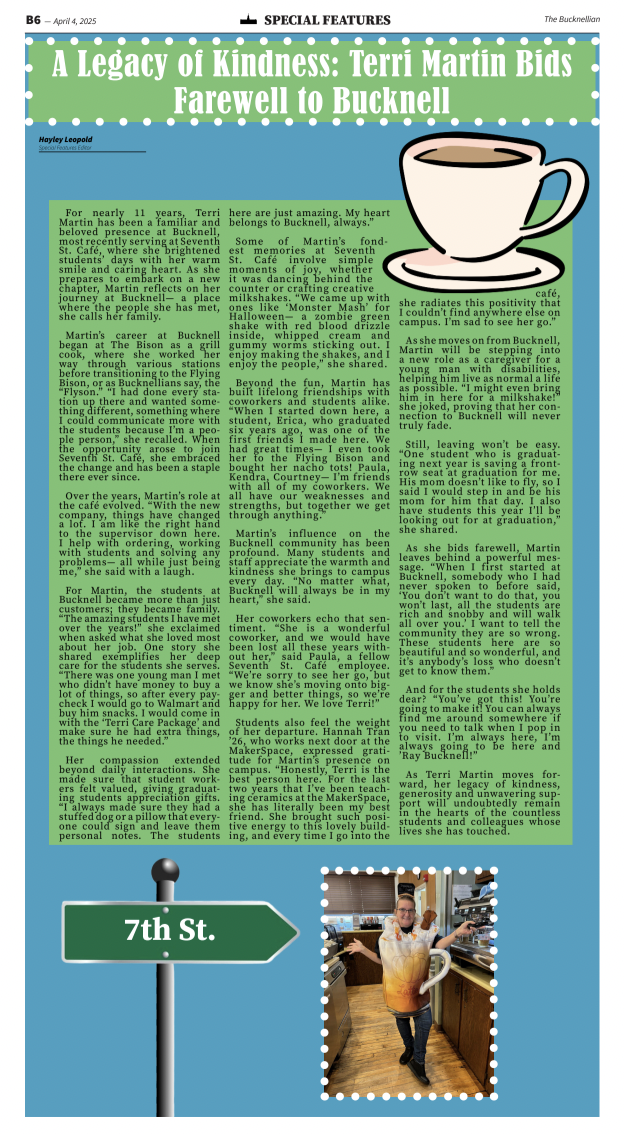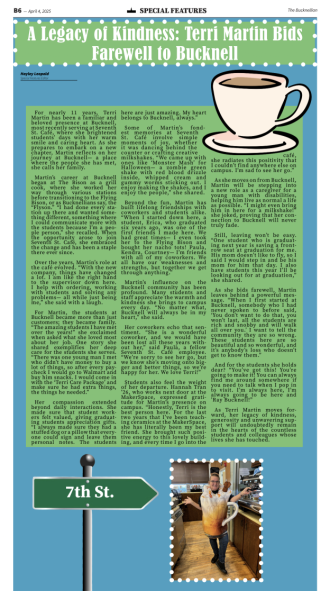Existential politics: The Brexit warning and Trump triumph
November 11, 2016
The U.K.’s decision to leave the EU this past June, in my opinion, was perhaps the most significant expression of existential politics for Western culture in the 21st century to date (even more so than the U.S. presidential election perhaps, but more on that below). From the moment former Prime Minister David Cameron embarked on his controversial campaign to defer the question of EU membership to the people, a broader conversation on Britain’s values and national mission burst onto the national stage.
The referendum evolved into a passionate national debate on issues ranging from immigration control to free trade policies. There emerged a critical reflection on the cultural and national identity of the U.K. itself. The scene of political campaigning was particularly polarizing as well; both the Conservative and Labour party leadership, along with crucial regions such as London and Scotland, voted “Stay,” while the U.K. Independence Party (UKIP) and the regions of England and Wales voted “Leave.”
The ironic bliss of voter confidence was evident leading up to the referendum: aggregate polling data over the length of the campaigning season found a consistent prediction for the “Stay” vote to prevail. Pictures of beaming youth with “Vote Remain” and “I’m In!” signs flooded media coverage both domestically and abroad.
The “Stay” campaign emitted confidence and hope on referendum day, and for several hours after polling closed, the vote appeared in their favor. However, the shocking outcome, the defiant vote for “Leave,” broke down the shield of media confidence and international speculation around a “Stay” result. The aftermath of the vote was one filled with disbelief and fear: market tremors and speculative flight were chaotic, the U.K. was stripped of its highly important AAA creditor status, and the definitive push to “Leave” led to Cameron’s immediate resignation.
It is worthy to note that the U.K.’s path to a full exit from the EU has recently become much more complicated. In a recent voting by the High Court, the U.K. cannot exit from the EU solely on a referendum vote, but instead must receive a formal affirmative vote from Parliament. The legal basis here lies in the European Communities Act of 1972, which formally binds the U.K. to EU membership. The process of leaving the EU would require the U.K. to invoke Article 50 of said legislation, which would allow for an exit process to proceed. The High Court, in its consideration of said legislation and the powers inscribed to Parliament, determined that it was Parliament, and not the prime minister, who holds the definitive power to legally unbind the U.K.
A greater movement is at play here. In what could one day be described as the “votes heard ’round the world.” Western democracies this year are witnessing the emergence of populist and xenophobic movements which seek to dismount or radically shift the direction of the liberal international order. The ever-present proliferation of polarization in modern politics has fueled mistrust and anger for those entirely left outside of the power establishment. Beyond Brexit, there could not be a more real and present example of this emerging movement than in the results of the U.S. presidential election.
In an eerily similar context to the U.K., the media and political establishment largely predicted a Clinton victory. Pictures of bright, smiling youth with captions stating “I’m With Her” and “Love Trumps Hate” filled our TV screens and iPhones. Aggregate polling data placed Clinton at a two-point advantage and clear winner in the election. However, Donald Trump, a candidate who has consistently embraced xenophobic and populist rhetoric, has emerged victorious with the decisive and stunning vote of nearly 60 million Americans.
While calls have been made on both sides of the aisle for unity moving forward, the true identity of the American vision and mission is in serious question. Like Brexit, an election season filled with a remarkable and unprecedented level of incivility and anger has revealed an existential crisis regarding our national identity and role in the 21st century. Rising from the chaotic election season, or from the fractious campaign for EU exit in the U.K.’s case, there emerges a collective question: how will both countries define and identify themselves from here on?





















